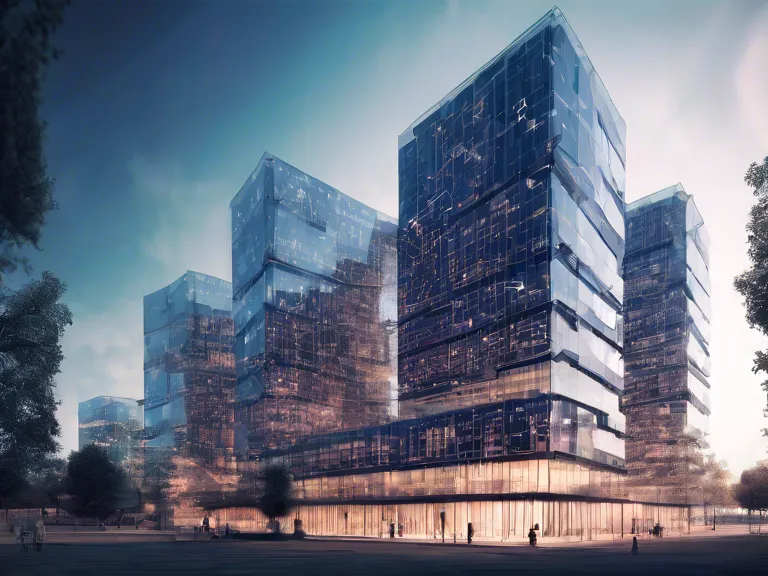
Data science is significantly impacting the field of architecture, revolutionizing the way buildings are designed, constructed, and maintained. From predictive modeling to energy efficiency optimization, data science is paving the way for future innovations in architecture. This article explores the various ways in which data science is influencing the future of architecture.
One key way in which data science is shaping the future of architecture is through predictive modeling. By analyzing vast amounts of data on past building projects, architects and designers can now predict the outcomes of their designs with greater accuracy. This allows for better decision-making throughout the design process, leading to more efficient and cost-effective building designs.
Data science is also playing a crucial role in optimizing energy efficiency in buildings. By analyzing data on energy usage, architects can now design buildings that are more sustainable and eco-friendly. This not only benefits the environment but also helps clients save on long-term energy costs.
Furthermore, data science is revolutionizing the construction process itself. Through the use of advanced analytics and machine learning algorithms, construction companies can now optimize their workflows, reduce waste, and improve overall efficiency. This results in faster construction times and lower costs for clients.
In addition to design and construction, data science is also influencing how buildings are maintained and operated. By collecting data on building performance and maintenance needs, facility managers can now predict when systems are likely to fail and proactively address issues before they escalate. This predictive maintenance approach not only saves time and money but also improves the overall lifespan of a building.
Overall, data science is ushering in a new era of innovation in architecture. By leveraging the power of data analytics, architects, designers, and construction companies can create more sustainable, efficient, and cost-effective buildings. The future of architecture is bright, thanks to the transformative impact of data science.



